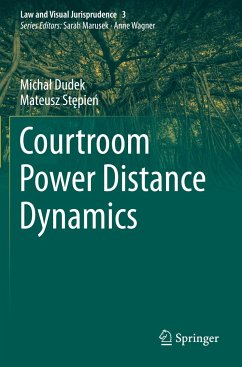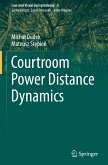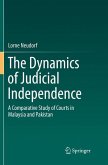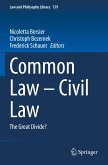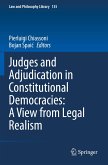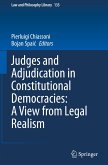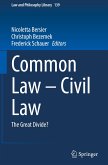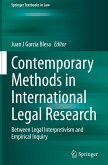The book presents a comprehensive reconceptualization of Geert Hofstede's well-known concept of power distance, applying the theory to the specific case of judge-witness courtroom interactions in Polish regional courts.
In the light of the detailed critique of Hofstede's original approach to power distance, the book first carefully develops a three-level concept of power distance, including personal preferences concerning the realization of power relations (subjective level); rules, practices and spatio-architectural arrangements underlying power relations (organizational level); and individual demeanors that can, in practice, increase or decrease the asymmetry between parties to a power relation (interactional level). This reconceptualization provides a universal conceptual apparatus that is applicable to various social settings, but the authors have used it in extensive qualitative and quantitative research focused on courtroom interactions.
After laying the theoretical foundations, the book details the elements of judge-witness courtroom interactions (both verbal and non-verbal) that contribute to establishing power distance between judge and witness. These were identified over 6 months of observational research conducted in 2018 in the Kraków regional courts.
Lastly, the book addresses the issue of the relationship between the subjective level of power distance and opinions that laypeople can have concerning a judge's demeanor in the courtroom environment. To do so, it describes specific quantitative research that involved the creation of original film clips depicting witness questioning by the judge in a courtroom in three power distance situations.
Offering a coherent framework for examining various interpersonal relations in legal contexts and illustrating how the framework can be applied on the courtroom interactions example, the book will appeal to a wide range of legal practitioners and academics. It also allows scientists outside the legal field to gain a new and broad understanding of power distance that they can easily apply in their respective fields. Furthermore, it provides non-academics with insights into courtroom interactional dynamics, as exemplified by the discussion of Polish judicial practice.
In the light of the detailed critique of Hofstede's original approach to power distance, the book first carefully develops a three-level concept of power distance, including personal preferences concerning the realization of power relations (subjective level); rules, practices and spatio-architectural arrangements underlying power relations (organizational level); and individual demeanors that can, in practice, increase or decrease the asymmetry between parties to a power relation (interactional level). This reconceptualization provides a universal conceptual apparatus that is applicable to various social settings, but the authors have used it in extensive qualitative and quantitative research focused on courtroom interactions.
After laying the theoretical foundations, the book details the elements of judge-witness courtroom interactions (both verbal and non-verbal) that contribute to establishing power distance between judge and witness. These were identified over 6 months of observational research conducted in 2018 in the Kraków regional courts.
Lastly, the book addresses the issue of the relationship between the subjective level of power distance and opinions that laypeople can have concerning a judge's demeanor in the courtroom environment. To do so, it describes specific quantitative research that involved the creation of original film clips depicting witness questioning by the judge in a courtroom in three power distance situations.
Offering a coherent framework for examining various interpersonal relations in legal contexts and illustrating how the framework can be applied on the courtroom interactions example, the book will appeal to a wide range of legal practitioners and academics. It also allows scientists outside the legal field to gain a new and broad understanding of power distance that they can easily apply in their respective fields. Furthermore, it provides non-academics with insights into courtroom interactional dynamics, as exemplified by the discussion of Polish judicial practice.
"This book serves as a compelling demonstration of theoretical evolution. The authors provide a detailed explanation of Hofstede and Palecki's concept of power, critically evaluate their advantages and disadvantages, and propose their three-level model of power distance. This not only showcases their theoretical contribution but also offers fascinating reading for legal sociologists, legal semioticians, legal linguists, and students who focus on courtroom studies in inquisitorial legal systems." (Wei Yu, International Journal for the Semiotics of Law, Vol. 37 (2), 2024)

